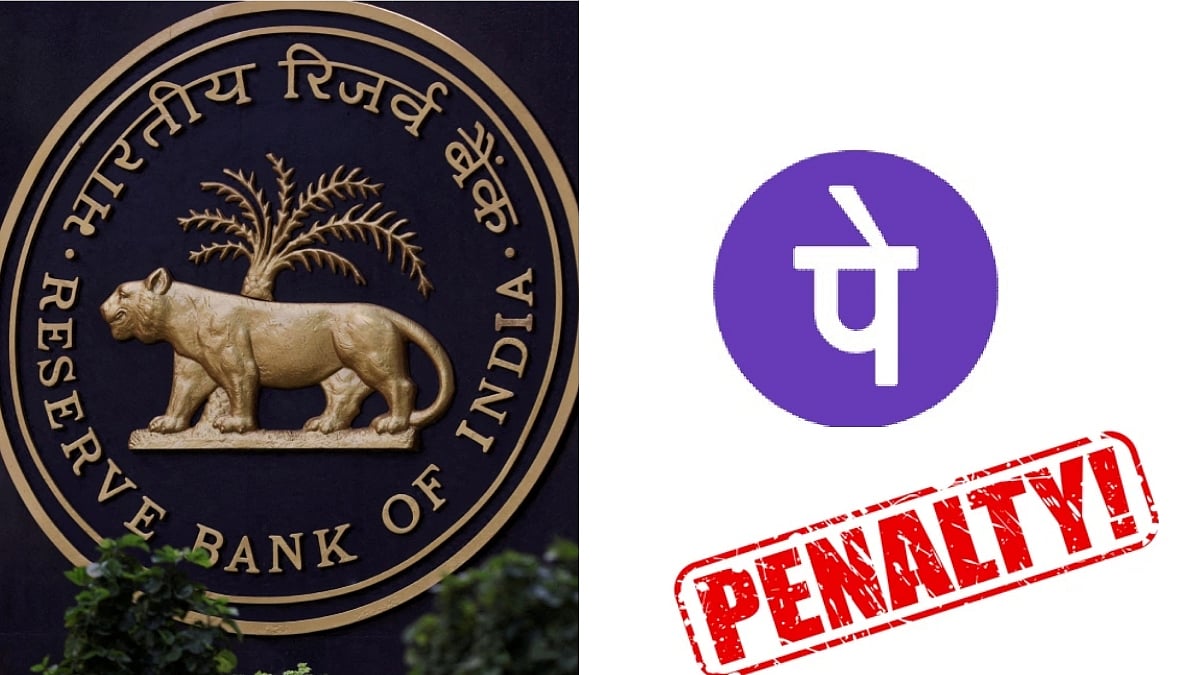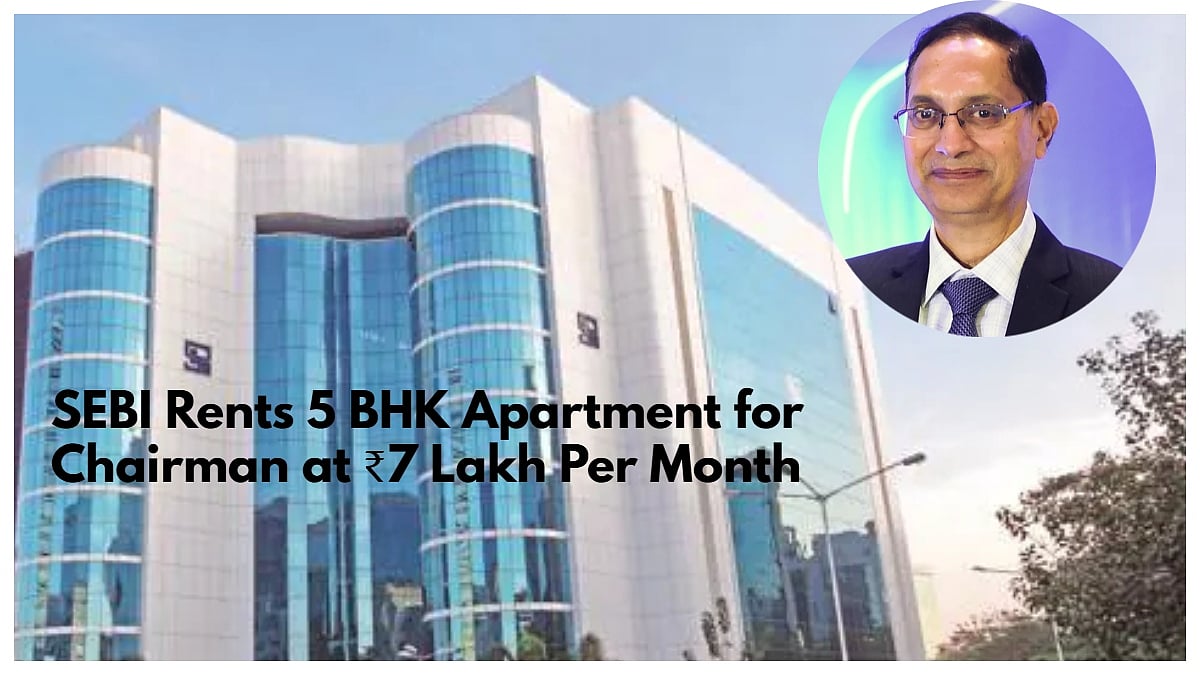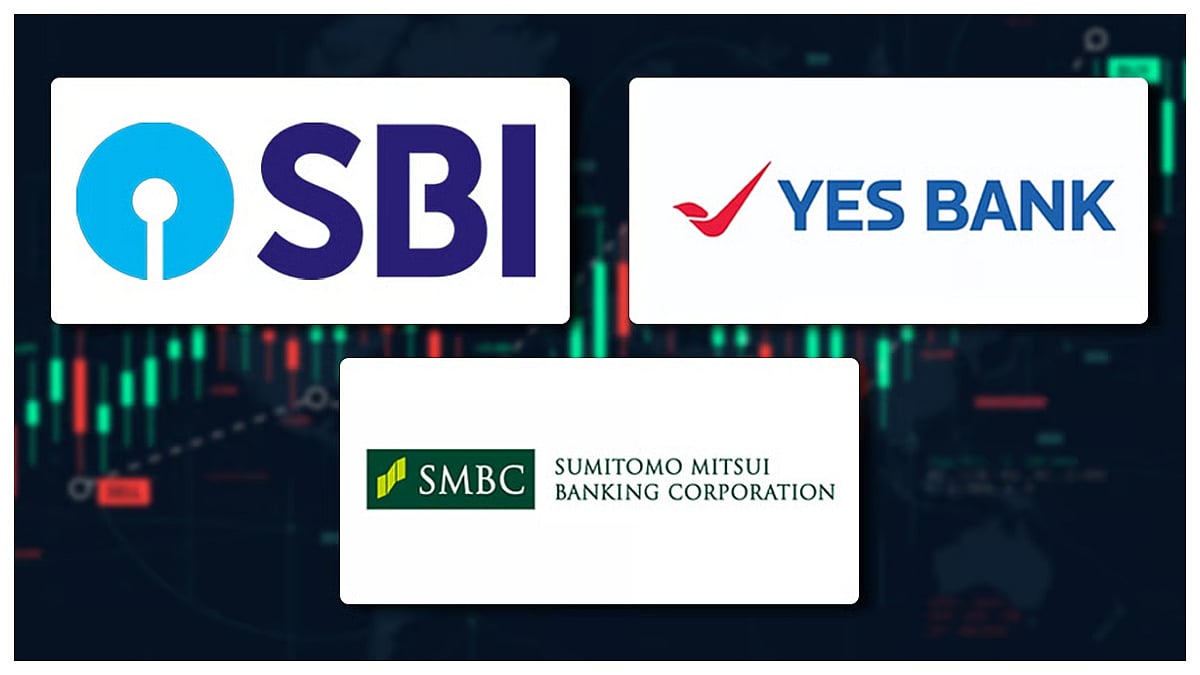Mumbai: RBI has introduced new rules for payment aggregators from today to increase customer safety and reduce fraud. It includes stricter eligibility, dispute resolution policy, and financial stability requirements.
What Are Payment Aggregators (PA)?
Payment Aggregators (PAs) are companies that help businesses accept payments from customers through different banks. For example, when you pay using your credit card or net banking from any bank, it is the payment aggregator who collects that money and passes it to the company you're buying from. These companies act as a bridge between customers, their banks, and the merchants.

Why RBI Issued New Guidelines?
The Reserve Bank of India (RBI) has brought in new rules to make online transactions more secure and to reduce the chances of fraud. These new guidelines are now active from today. The main aim is to protect customers better and to bring more transparency in how these payment companies work.
New Dispute Resolution Policy is Mandatory
As per the new guidelines, all payment aggregators must now create a Dispute Resolution Policy approved by their board. This policy must clearly explain how refunds will be handled and how long it will take. This will make the entire refund process transparent and fair for customers, giving them more confidence in digital payments.

Strict Rules for New Companies
Companies that want to start working as a payment aggregator must now show that they have assets worth ₹15 crore at the time of application. After they receive a license and operate for 3 years, they must increase their net worth to ₹25 crore. This rule will ensure that only financially strong and stable companies can handle online payments.
Non-Banking Companies Need RBI Permission
Banks do not need special permission from RBI to act as payment aggregators. However, non-banking institutions must take approval from the RBI before offering such services. Also, if a company is already regulated by bodies like SEBI or IRDAI, they must first get a No Objection Certificate (NOC) from their regulator. This NOC must be submitted to the RBI within 45 days before they can start operating as a payment aggregator.
.jpg)
No Transaction Limits by Payment Aggregators
Another important rule is that payment aggregators cannot set any transaction limits on their own. Only banks are allowed to set limits on how much can be paid in a transaction. This ensures that aggregators cannot unfairly restrict payments.
With these new guidelines, RBI is trying to make the digital payment system more secure and trustworthy for everyone. By making companies follow clear policies and financial rules, and by protecting customers with better refund and dispute processes, the RBI hopes to reduce fraud and increase trust in online payments.










